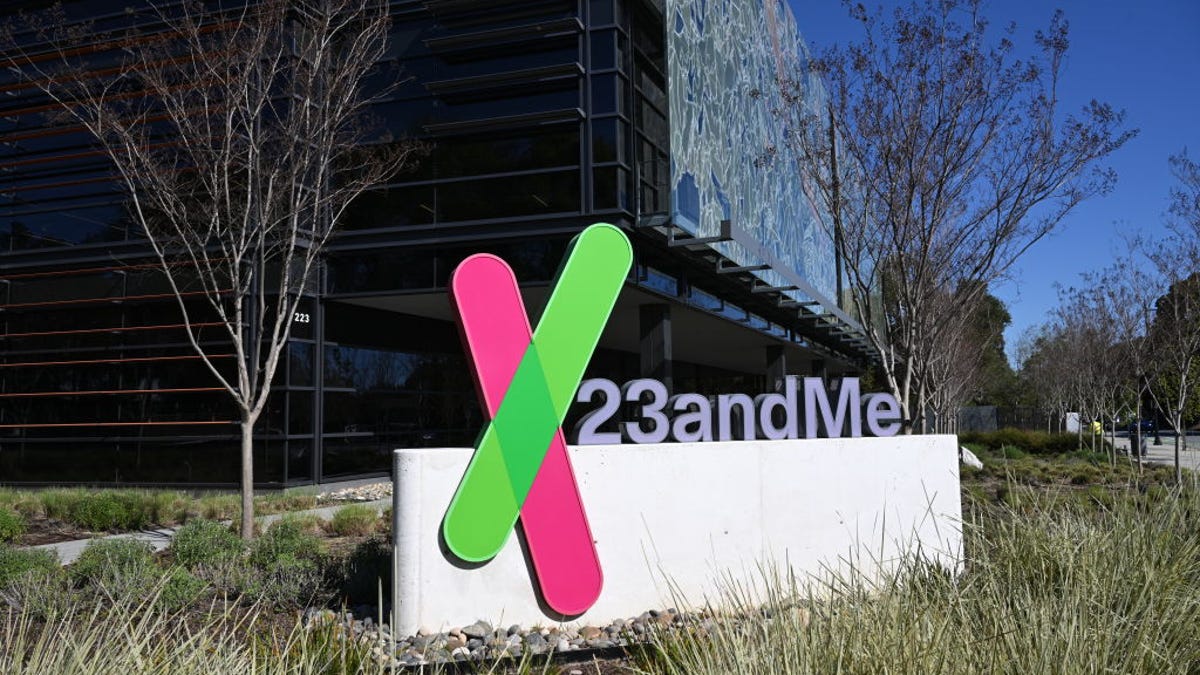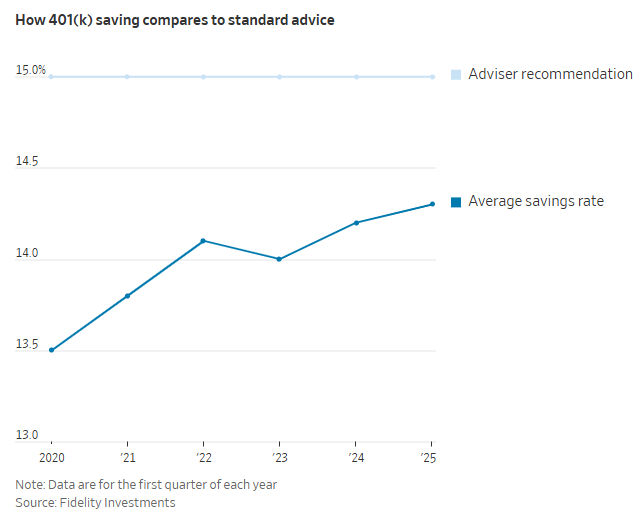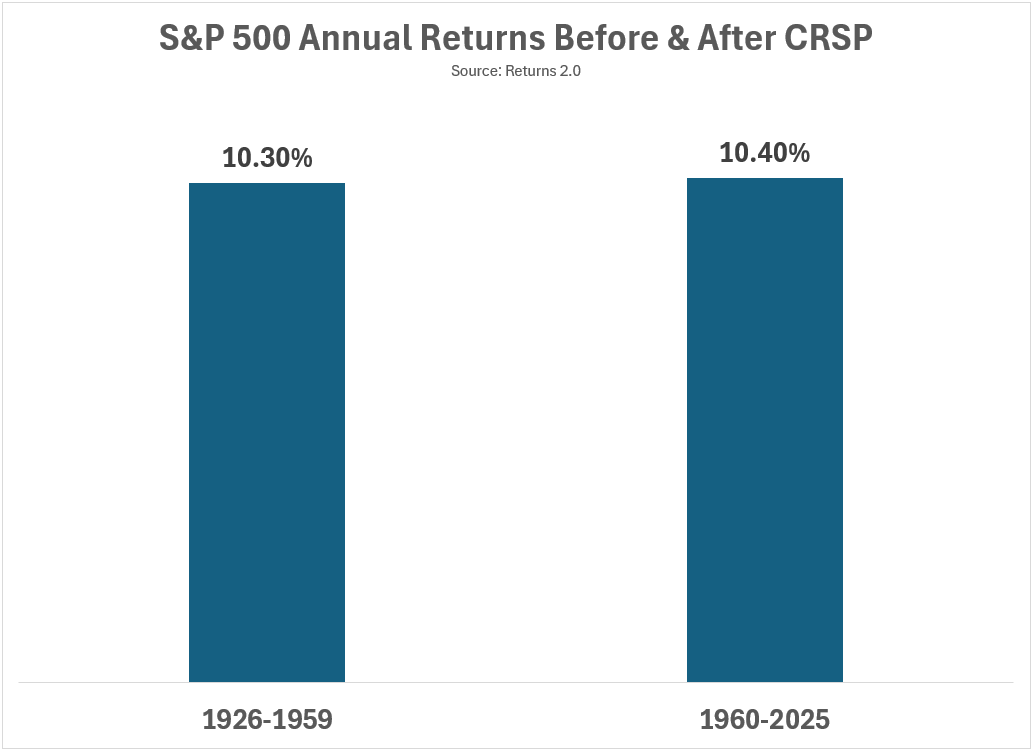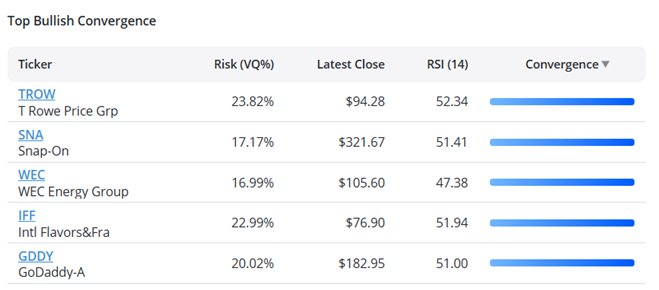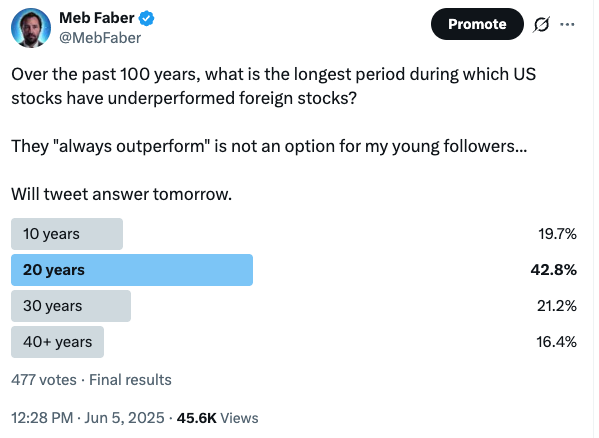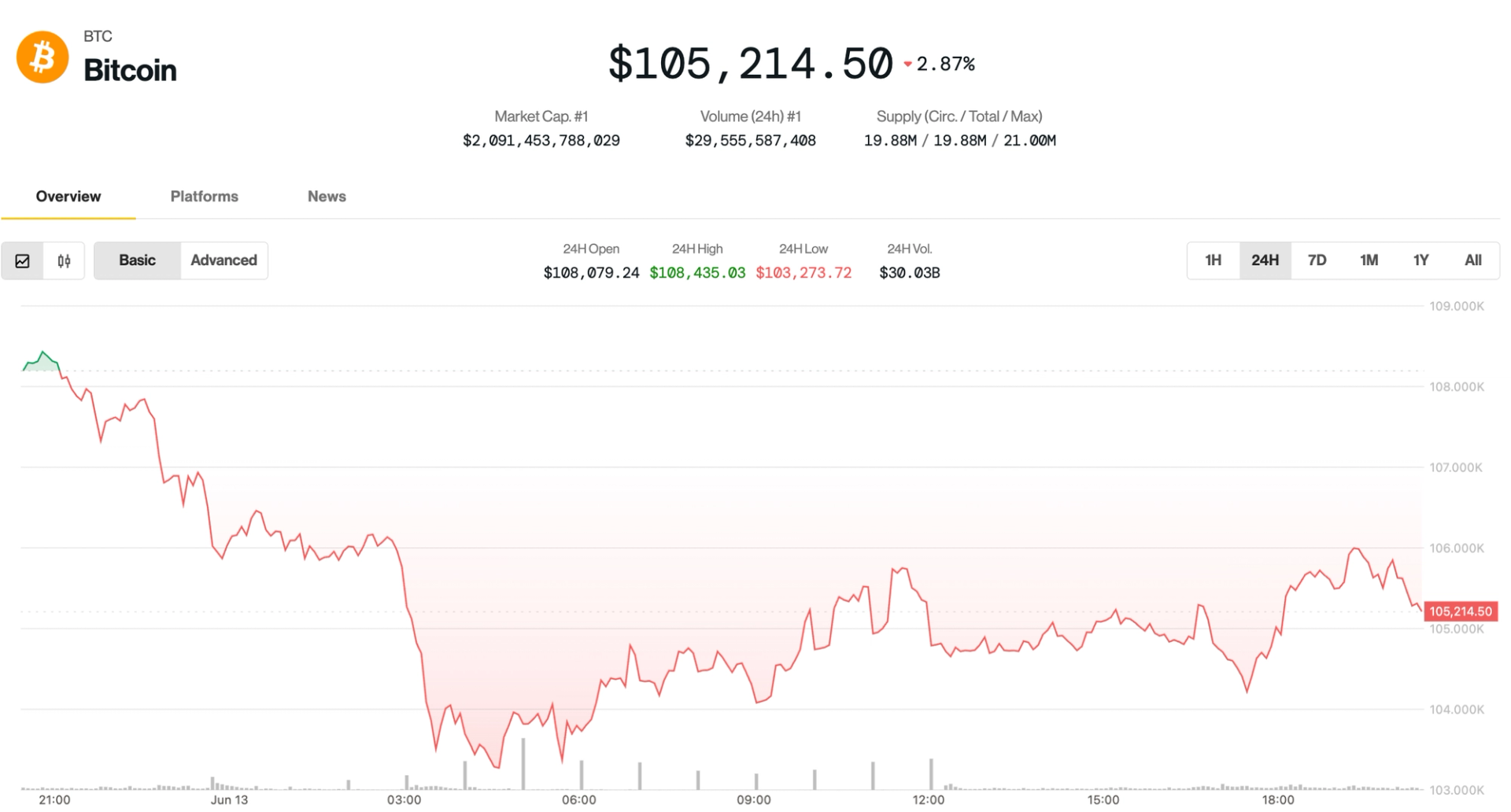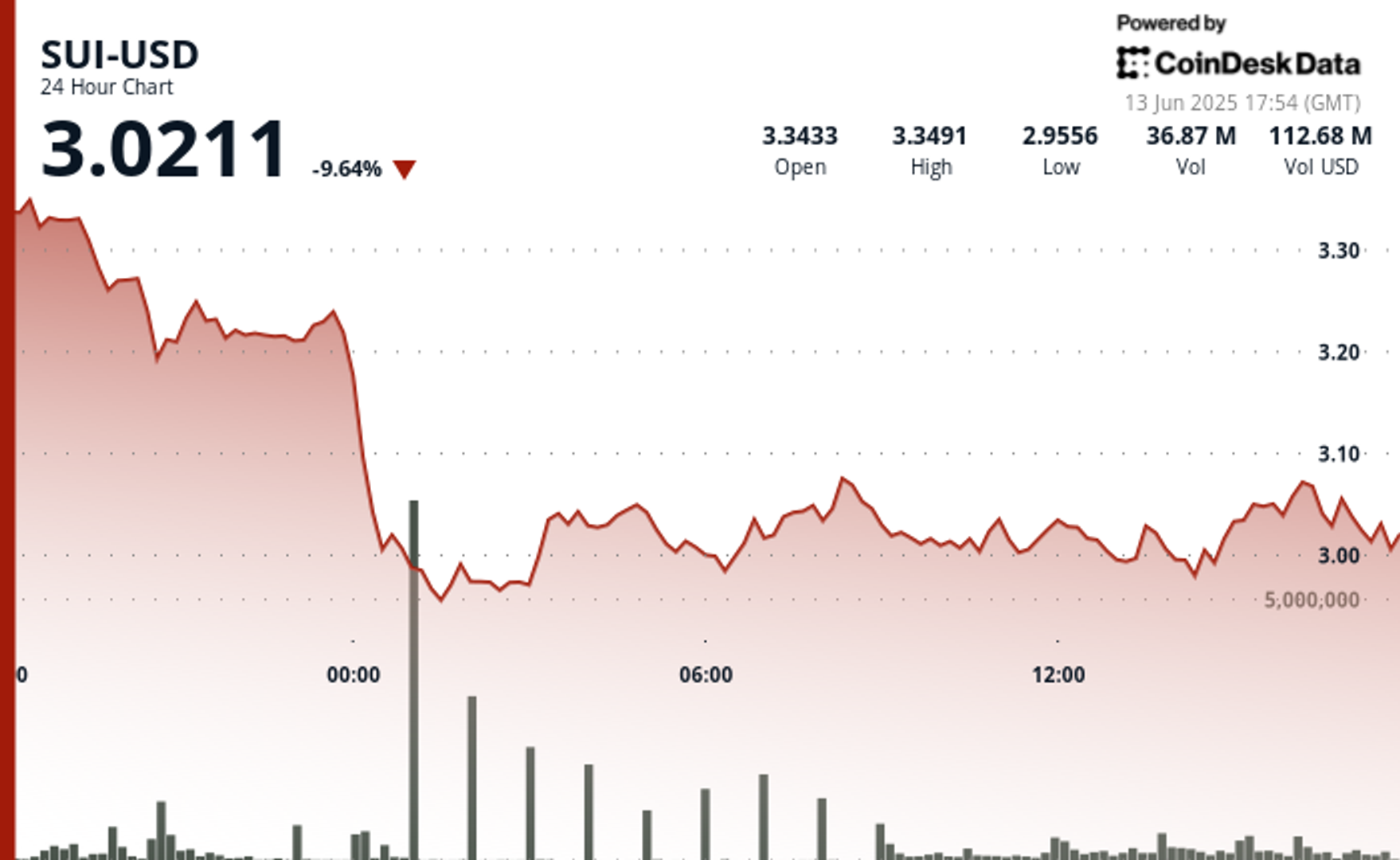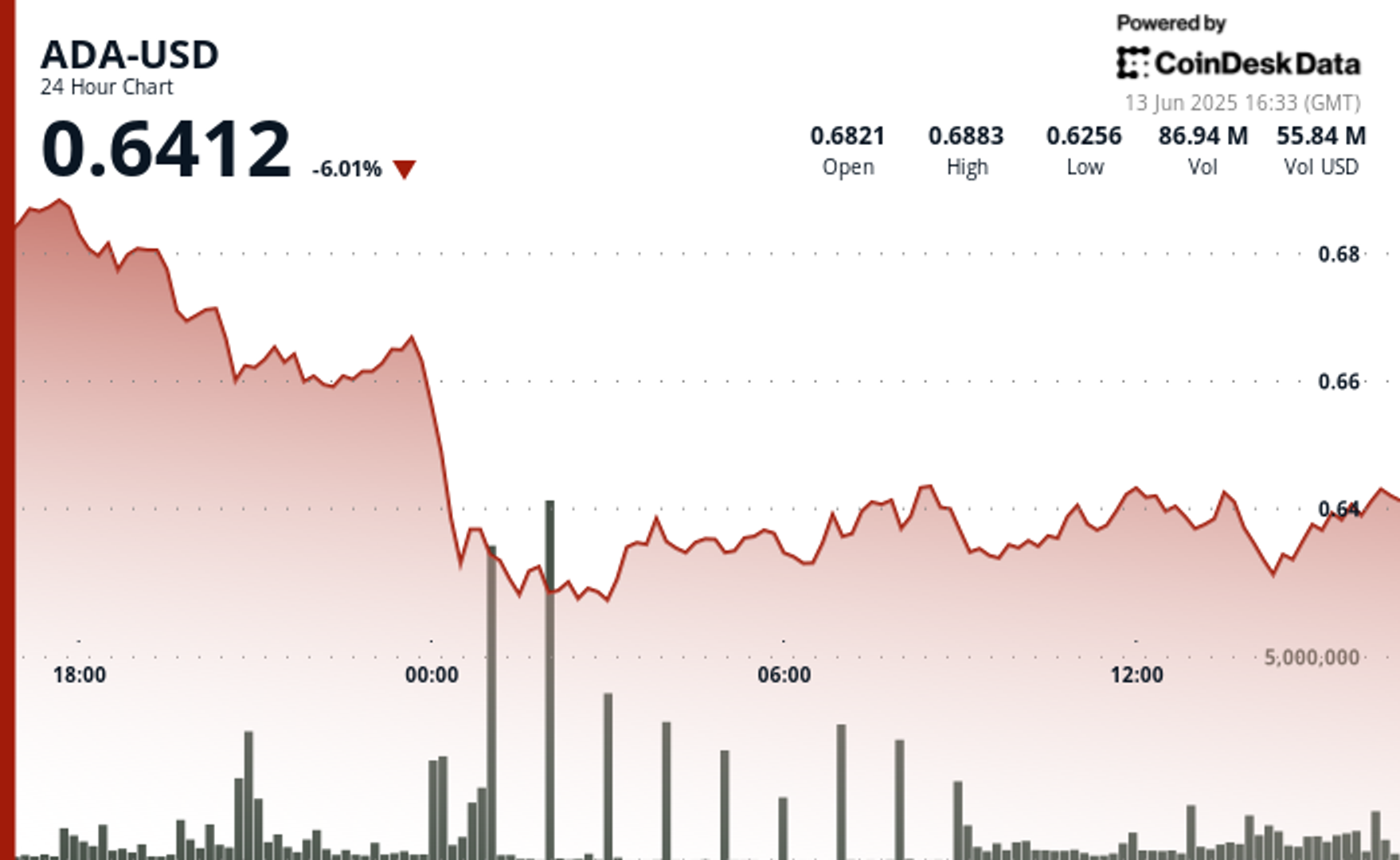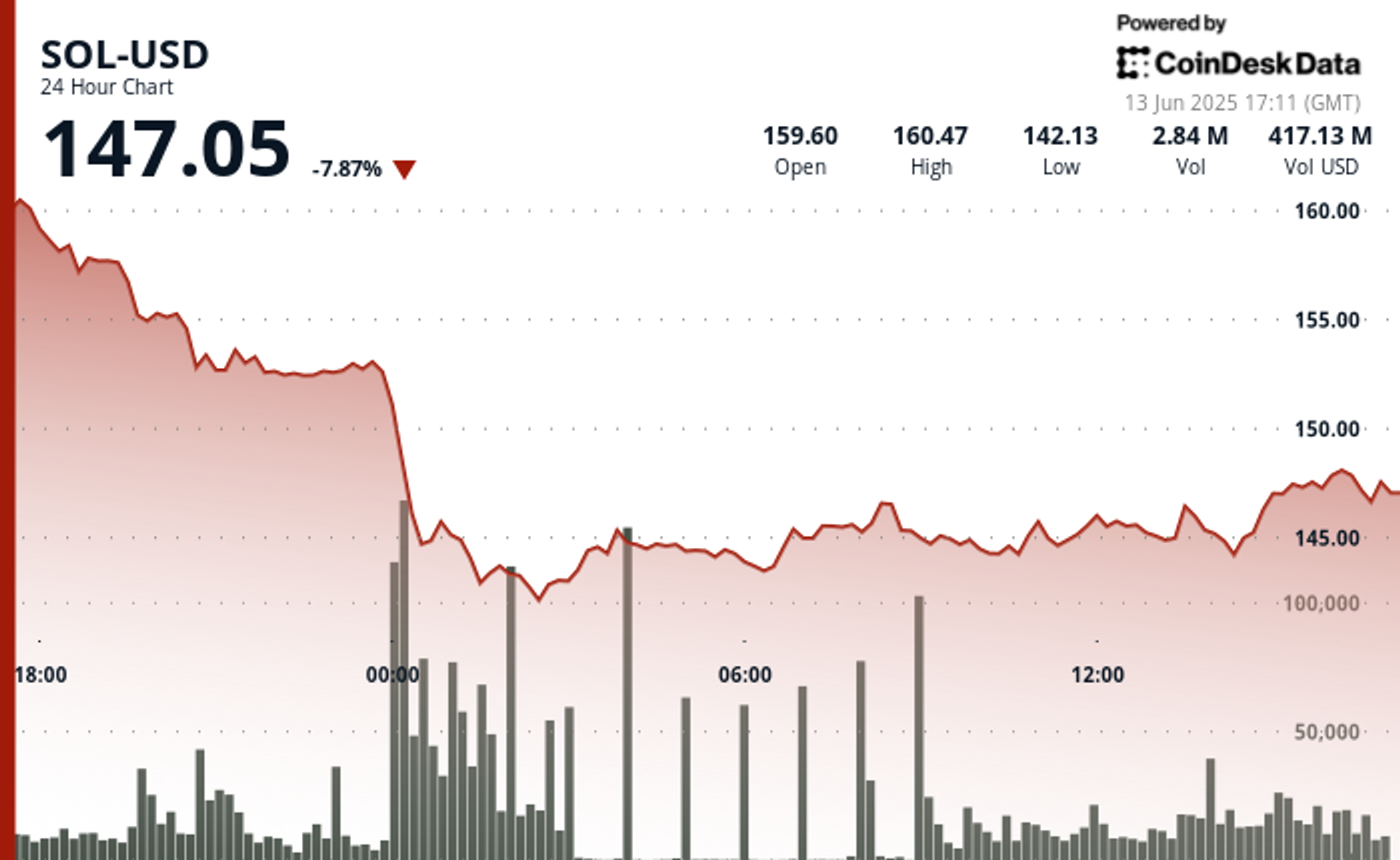20 Things You Didn’t Know About Social Security
Even if you’re nowhere close to retirement, you’ve probably at least heard of Social Security. But how much do you really know about it? The more educated you are on Social Security, the better equipped you should be to thrive financially in retirement. Here are 20 Social Security facts that may surprise you. 1. […] The post 20 Things You Didn’t Know About Social Security appeared first on 24/7 Wall St..

Key Points
-
Social Security is a major source of income for retirees today.
-
A lot of the program’s rules aren’t so well-known.
-
It’s important to educate yourself on Social Security so you can approach retirement with more confidence.
-
Are you ahead, or behind on retirement? SmartAsset’s free tool can match you with a financial advisor in minutes to help you answer that today. Each advisor has been carefully vetted, and must act in your best interests. Don’t waste another minute; get started by clicking here.(Sponsor)
Even if you’re nowhere close to retirement, you’ve probably at least heard of Social Security. But how much do you really know about it?
The more educated you are on Social Security, the better equipped you should be to thrive financially in retirement. Here are 20 Social Security facts that may surprise you.
1. Retirement benefits have to be earned by paying into the system

You might assume that you can get benefits simply by reaching a certain age. But if you want to collect Social Security in retirement, you have to work and pay taxes on a high enough amount of wages to qualify.
2. The earliest age to claim retirement benefits is 62

You might think that Social Security eligibility begins at 65, since that’s when Medicare coverage begins. But you’re allowed to claim Social Security once you turn 62. Doing so, however, could leave you short on funds to cover your ongoing costs.
3. You’ll need to wait until full retirement age to avoid a reduction in benefits

Even though you can claim Social Security at 62, you won’t be eligible for your complete monthly benefit until full retirement age arrives. That age is 67 if you were born in 1960 or later. You may want to consider waiting until full retirement age to sign up for benefits if you don’t have a lot of savings.
4. You can delay your claim for larger monthly checks

You’re not forced to sign up for Social Security once full retirement age arrives. For each year you delay your claim beyond that point, up until age 70, your benefits get an 8% boost that stays in place for the rest of your life. Waiting on Social Security could help make up for absent savings if that’s the situation you’re in.
5. It doesn’t just pay retirement benefits

Many people associate Social Security with retirement benefits. But the program also pays disability benefits, as well as survivor benefits and benefits to people with limited incomes.
6. You can claim retirement benefits as a spouse

If you never worked and paid into Social Security, retirement benefits may not be off the table. You can collect spousal benefits from Social Security provided you meet certain requirements. Those benefits should max out at 50% of what your spouse (current or former) is eligible for at their full retirement age.
7. Benefits are eligible for a raise every year

Each year, Social Security benefits are eligible for an automatic cost-of-living adjustment, or COLA. The purpose of COLAs is to allow benefits to keep pace with inflation so that Social Security recipients don’t lose out on buying power from year to year. However, Social Security COLAs often disappoint seniors and make it hard to keep up with rising costs.
8. You may not pay Social Security taxes on all of your wages

If you’re a high earner, some of your income may be exempt from Social Security taxes. Those taxes only apply to earnings up to a certain threshold that changes annually. This year, it’s $176,100.
9. There’s a maximum monthly benefit

Because there’s a wage cap for Social Security tax purposes, the program also has a maximum benefit it will pay in retirement. This year, the maximum benefit at full retirement age is $4,018. But you may be able to get more than that if you delay your claim.
10. You can work while collecting retirement benefits from Social Security

There’s nothing stopping you from receiving Social Security even if you’re still employed. Once you reach full retirement age, your wages won’t have a negative effect on your benefits. If you’re an early claimant, you could have some of your benefits withheld if you earn too much money.
11. It won’t replace your pre-retirement income in full

If you’re an average earner, you can expect Social Security to take the place of about 40% of your pre-retirement wages. For this reason, you should aim to have other income streams available to you once you stop working. Otherwise, you may be looking at a giant pay cut.
12. The average monthly retirement benefit is about $2,002
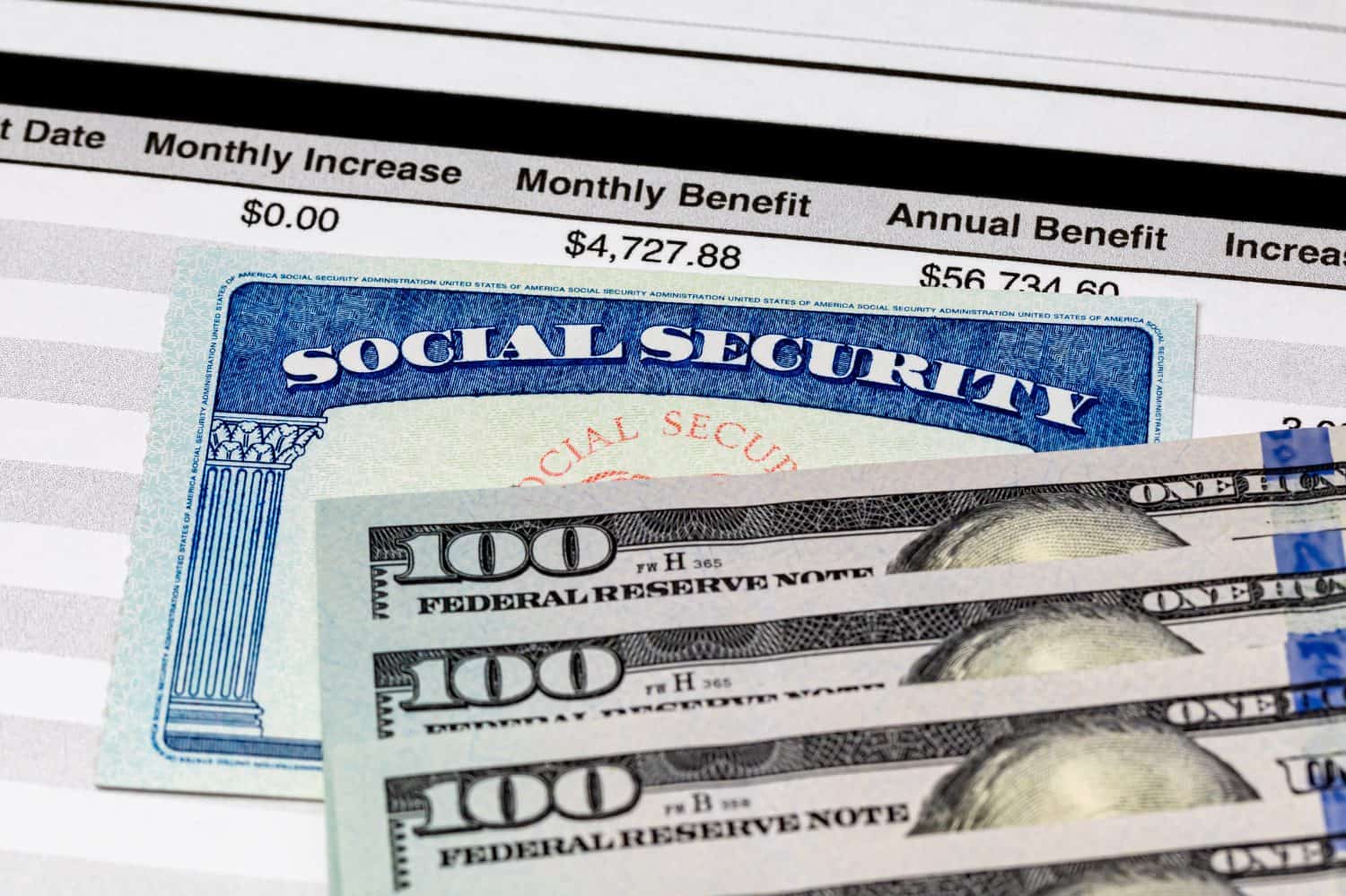
As of May 2025, the average Social Security retirement benefit is about $2,002. That number is likely to rise over time as the program’s COLAs take effect.
13. Your benefits are based on your 35 highest-paid years of earnings

Your filing age will help determine how much Social Security you get each month in retirement. But your work history also plays a big role. Y Social Security is based on your top 35 years of earnings, which means that if you work for fewer than 35 years, you could be looking at smaller checks down the line.
14. You can undo your claim once

Many people file for Social Security early and regret reducing their benefits in the process. Social Security gives every filer one do-over opportunity. To take advantage, withdraw your application and repay the benefits you received within a year. You can then file again at a later age for larger monthly checks.
15. Social Security benefits are subject to federal taxes

If Social Security is your only source of retirement income, you may not be taxed on it at the federal level. Otherwise, you may find that you lose a portion of your retirement benefits to taxes.
16. Some states tax Social Security

In addition to federal taxes, some states impose taxes on Social Security benefits, too. However, a good number of the states that tax Social Security also offer exemptions to protect people with low or even moderate incomes.
17. It’s not in danger of going away

You may have heard rumors that Social Security is going bankrupt. But those aren’t true. Because the program is funded with payroll taxes, it can’t just disappear completely.
18. Benefit cuts are possible

While Social Security isn’t at risk of stopping benefit payments completely, it may need to cut benefits in the future if lawmakers don’t find ways to pump more funds into it. For now, Social Security has trust funds it can use to make up for any near-term financial shortfall it faces.
19. Pensions will no longer reduce your Social Security benefits

It used to be that people who were eligible for certain government pensions were subject to reduced Social Security benefits. But thanks to the Social Security Fairness Act signed earlier this year, that’s no longer the case. And now, some people may be eligible for retroactive Social Security payments to make up for benefits that were previously withheld.
20. The program could undergo big changes in the future

Even though Social Security has been around for many decades, it doesn’t mean lawmakers can’t make changes to improve its finances and help it run more efficiently. As Social Security faces the possibility of benefit cuts, new rules could take effect — for better and for worse.
The post 20 Things You Didn’t Know About Social Security appeared first on 24/7 Wall St..























